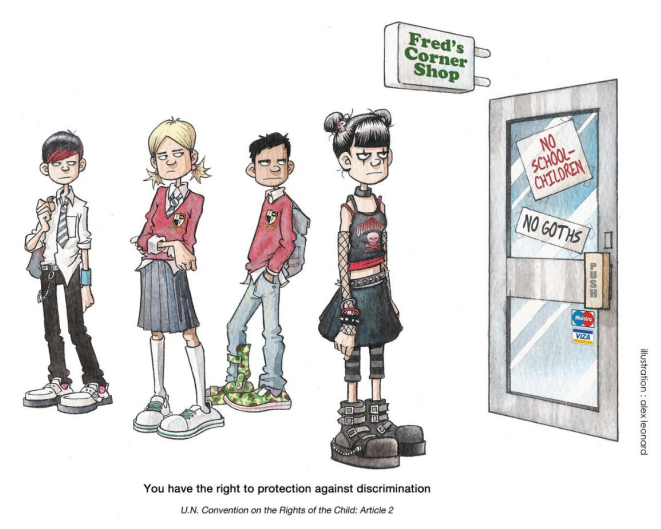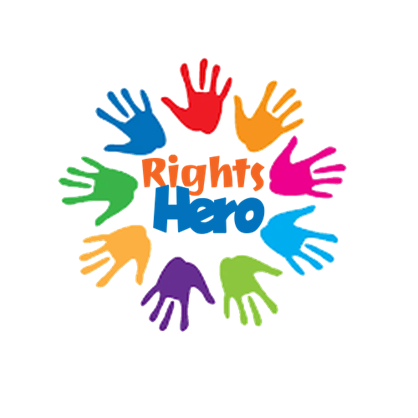
– Increase of the children’s awareness of their rights.
– Increase of civic engagement and democratic participation of the children as a result of an improved knowledge of their rights.
– Increase of the capacity of teachers to organise workshops and discussions in the school in relation with the rights of the children.
– Increase of the use of gamification as a method in order to approach the issue of the rights of the children.
Implementation:
– Development, with the active participation of the children, of an online game in relation with the rights of the children. The game will be developed by professional game developers, tested and made available for free in various languages.
– To spread the use of the game in the educational system, a handbook with easy, interactive instructions for teachers and educators will be prepared to accompany the game.
– Educators will have access to training programmes done through webinar that will be organised in the partnership countries as well as in English for a wider target audience.
– These educators are expected to implement the approach with the children that they are teaching and provide feedback on the impact that the approach had to the children. On the basis of this feedback, an Impact Assessment Report is going to be developed which will set the basis for further mainstreaming, upscaling and sustainability.
– Finally, a social media awareness campaign targeted to children in the age group 9-15 and the general public will be prepared and executed that will peak on the Universal Children’s Day (November 20). The campaign will be centered around children’s rights in their everyday life with a specific focus on child participation. The campaign will be national, using mainly social media as the tool.
